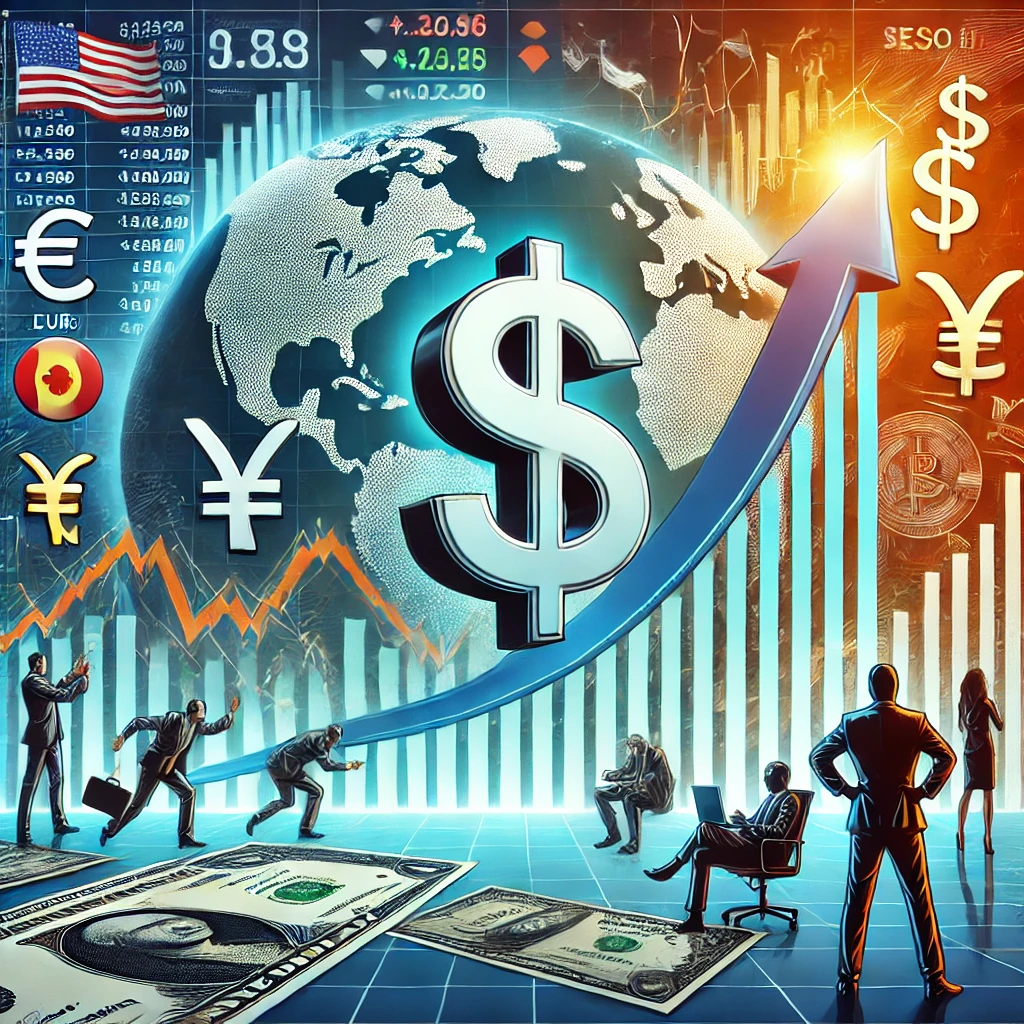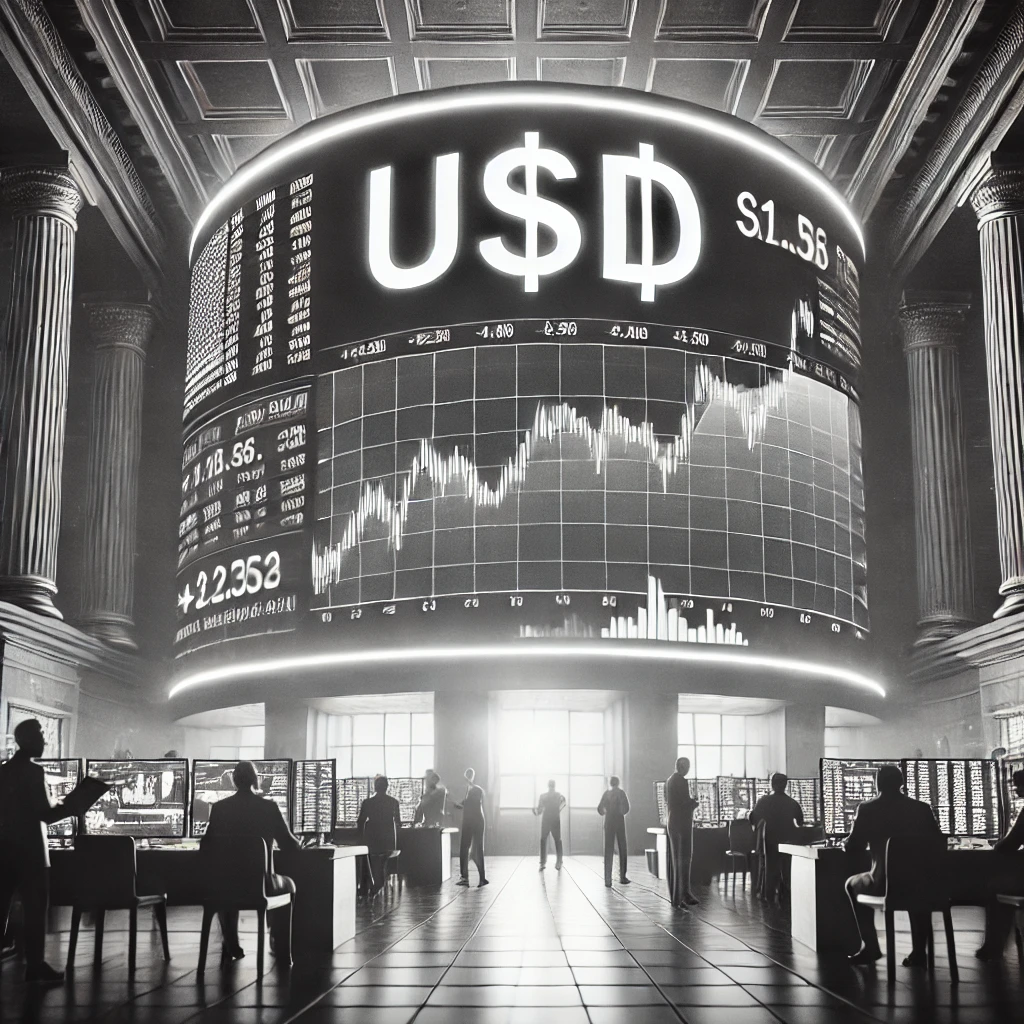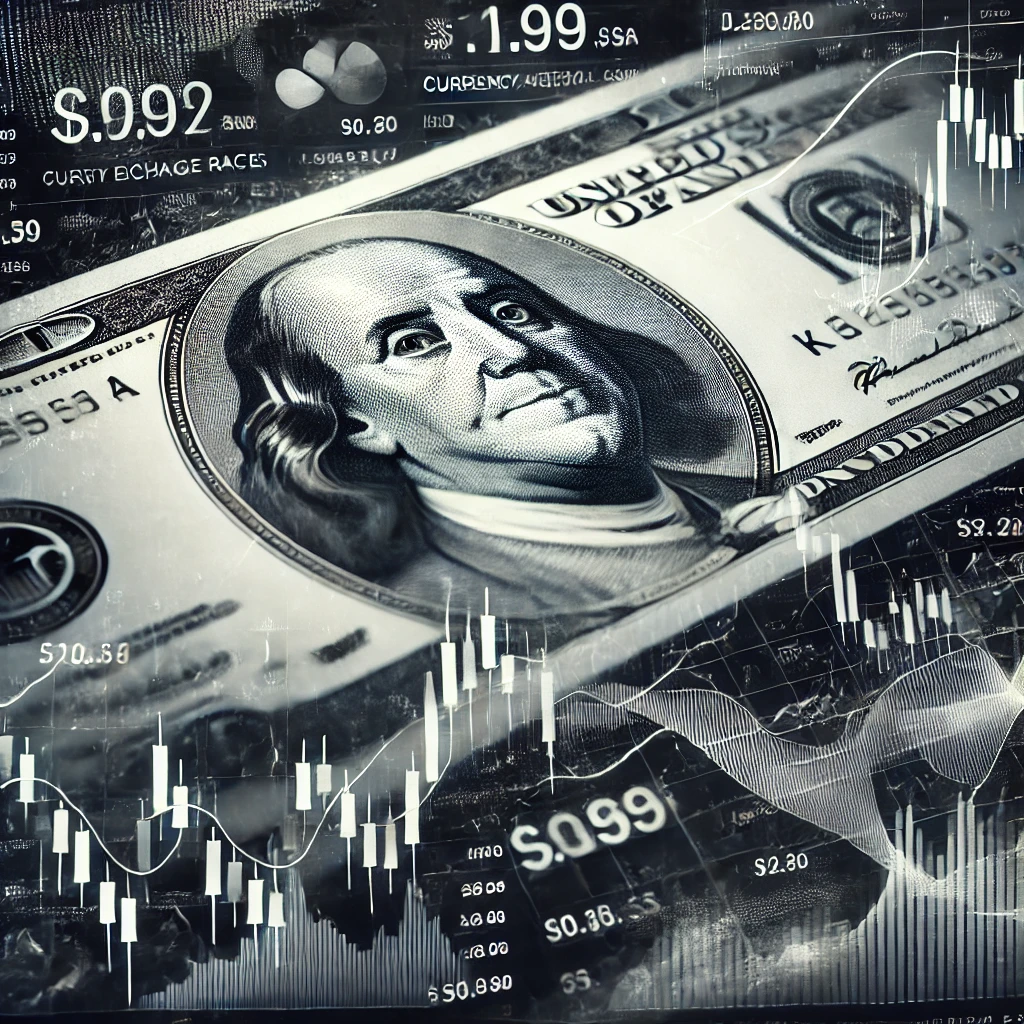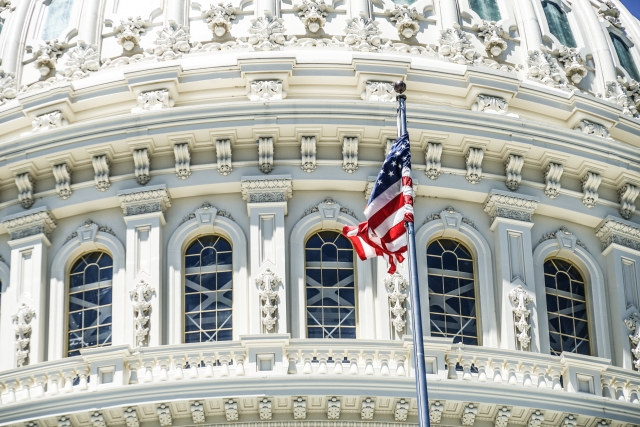※This site uses affiliate advertising.
Impact of US Dollar Appreciation
The appreciation of the US dollar has far-reaching consequences for the global economy,
affecting trade balances, investments, and monetary policies.
Understanding these effects is crucial for investors, policymakers, and businesses.
Exchange Rate Fluctuations: What Drives the Dollar’s Strength?
Exchange rate fluctuations are influenced by multiple factors,
including interest rate differentials, economic indicators, and market sentiment.
Understanding these factors helps predict currency movements and their impact on investments.
Key Factors Influencing Exchange Rate Movements
Interest Rate Differentials
Higher interest rates in the US attract foreign capital, increasing the demand for dollars.
Economic Growth and Inflation
A strong US economy and controlled inflation reinforce dollar appreciation.
Geopolitical Risks and Market Sentiment
During times of crisis, investors flock to the dollar as a safe-haven currency.
Impact on Emerging Markets: Winners and Losers
Emerging markets are particularly sensitive to a strong US dollar.
While some benefit from increased exports, others struggle with rising debt costs and capital outflows.
How a Strong Dollar Affects Emerging Markets
Capital Flight and Currency Depreciation
Investors withdraw funds from emerging markets, weakening their currencies.
Rising Debt Burden
EN: Many emerging economies have dollar-denominated debt, making repayments costlier.
Competitiveness of Exporting Companies
A strong dollar affects the competitiveness of US exports.
While some industries benefit, others struggle to maintain market share.
Industries Affected by Dollar Strength
- Technology & Manufacturing
- Agriculture & Commodities
Currency Hedging Strategies: Protecting Investments from FX Risks
Investors and corporations can use currency hedging strategies
to mitigate the risks associated with dollar fluctuations.
Effective Currency Hedging Strategies
- Forward Contracts
- Currency ETFs
- Options and Derivatives
The appreciation of the US dollar has complex effects on global markets.
Investors must understand exchange rate fluctuations, emerging market dynamics,
and corporate competitiveness to make informed decisions.
Implementing sound currency hedging strategies can help mitigate risks and protect investments.
Aim for Profits While Minimizing Risks! Basic Strategies in Option Trading
How to Identify Profitable Forex Trends in Real-Time with Forex Trendy



















